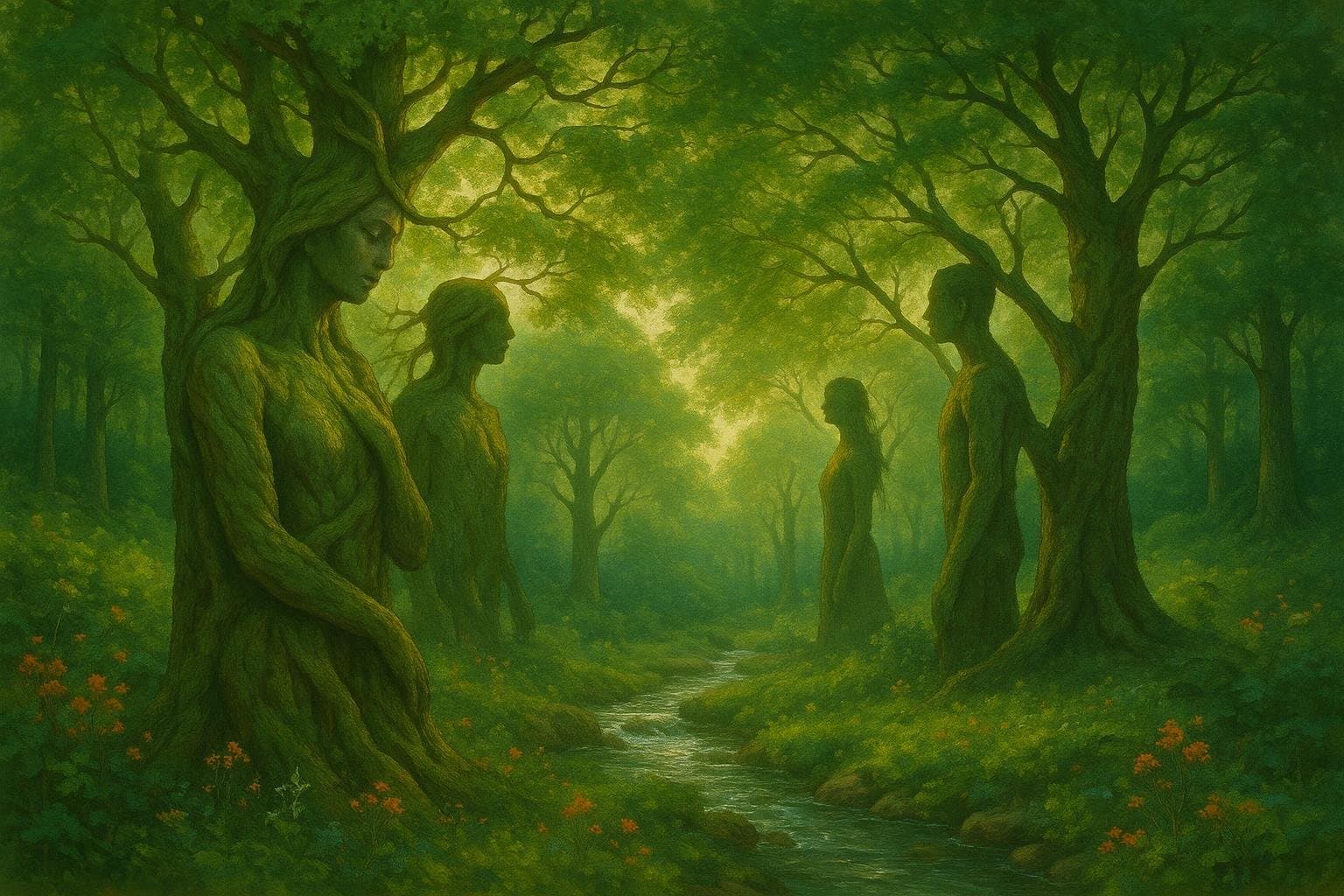Reversing Possession: Humanity’s Place Within the Earth

The earth does not belong to us. We belong to the earth. — Chief Seattle
—What lingers after this line?
One-minute reflection
Where does this idea show up in your life right now?
Challenging Human Ownership
Chief Seattle’s poignant statement overturns the commonly held assumption that the earth is simply a resource for human exploitation. By declaring, “The earth does not belong to us,” he reframes the relationship, urging us to question our entitlement over land and nature. This humility invites a deeper reflection on our actions, especially in light of industrialization and territorial expansion, which often disregard the inherent rights of the natural world.
An Indigenous Worldview
Building on this foundation, Chief Seattle’s perspective reflects a profound Indigenous worldview in which humans are seen as an integral part of a broad, interconnected family of life. In many Native American cultures, the earth is revered as a living entity—a mother who nurtures all beings. This contrasts sharply with colonial ideas of land as something to be divided and owned, emphasizing instead a relationship of reciprocity and respect, as noted by Vine Deloria Jr. in ‘God Is Red’ (1973).
Ecological Interdependence
Following from these cultural attitudes, modern ecological science underscores how deeply entwined human survival is with the well-being of the planet. The principle that 'we belong to the earth' is echoed in the interconnectedness of ecosystems outlined in Rachel Carson’s ‘Silent Spring’ (1962). Our air, water, and food depend on healthy natural cycles, making us inextricable participants in the earth’s systems rather than detached proprietors.
Consequences of Disconnection
If we ignore this call to humility and belonging, the consequences become all too evident. Environmental crises—such as deforestation, climate change, and species extinction—result largely from treating the earth as property to be consumed. The current state of the Amazon rainforest, rapidly diminishing under human hands, serves as a stark example of what happens when stewardship gives way to dominion.
Towards Reverence and Responsibility
Ultimately, accepting that we belong to the earth invites us to develop a sense of reverence and responsibility. As this ethos gains global momentum, movements like ‘Earth Jurisprudence’—connecting legal rights to nature itself—echo Chief Seattle’s declaration. By embracing our place within a larger living whole, we are inspired to protect and restore the planet, not as owners, but as grateful and mindful members of its community.